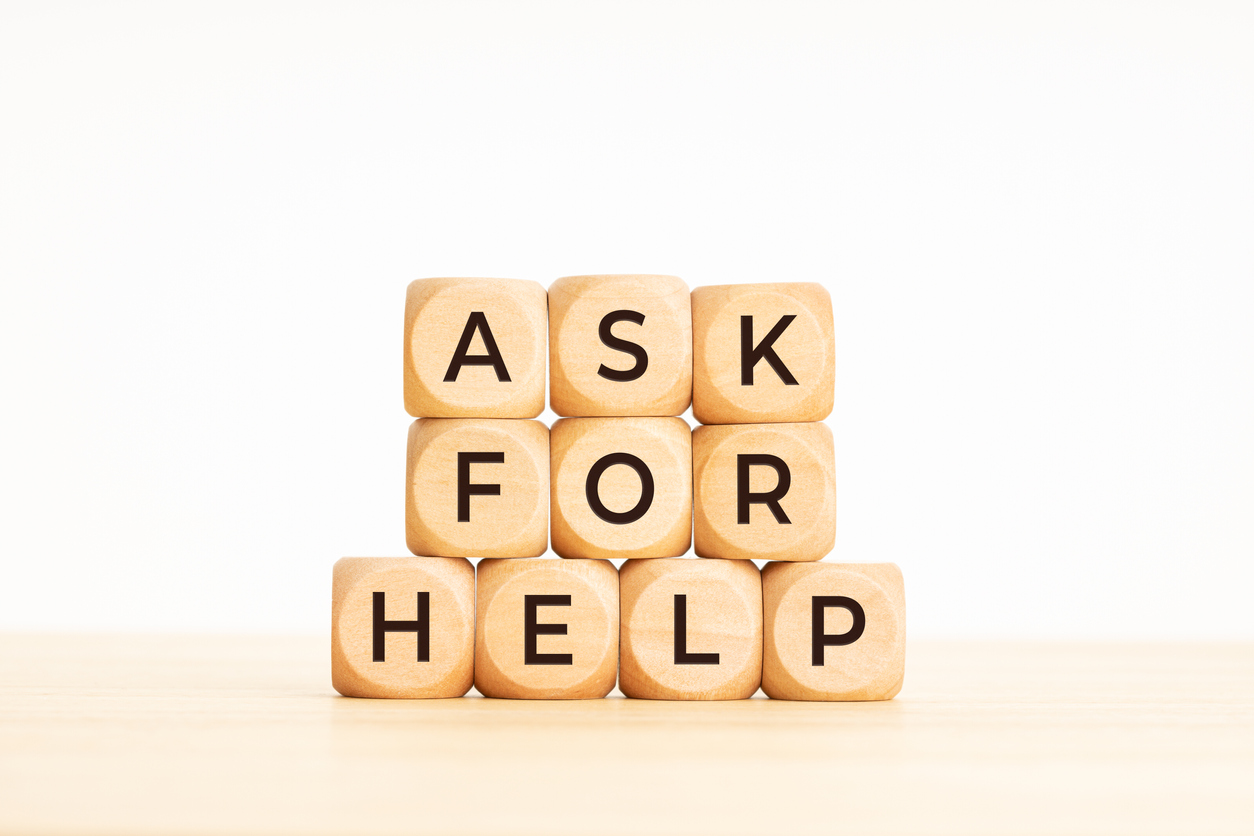Living with Chronic Pain
5 Strategies for Asking for Help

2 people found this helpful
Print
Share
Save
Asking for help due to chronic pain can be a difficult task. No one wants to be a burden to family members or friends. Although needing help can cause feelings of weakness, vulnerability or fear, it is important to realize that everyone needs help from time to time. Connections are also made when asking for help.
To receive help, an individual must first ask. However, the strategy of how to ask is often missing. Five strategies for effectively asking for help include the following:
- Consider the timing of the request. A request may be dismissed or forgotten if it is received at a bad time, such as in the middle of a busy work day, while a family is having dinner, when a sickness is present, etc. Asking for help when the other person has time to discuss what is needed can be beneficial.
- Be as specific as possible. When asking for help, it is best to be specific concerning what is needed, how long it will take, when it is needed, and where it should take place. This allows the other person to make informed decisions.
- Let them know why their help is needed. Letting someone know why they are the right person to provide help can make them want to help rather than feel obligated. It shows appreciation and respect for them and their capabilities.
- Give other’s time to reply. The individual being asked to help may need some time to think about the request or check their calendar. Asking them to consider it before responding gives needed time and space. However, requesting a decision prior to the time help is needed is also important. This ensures an alternative plan can be identified if the answer is “no.”
- Needing help does not make a person helpless. A person is not helpless if they are unable to move furniture due to chronic pain or drive the neighborhood carpool because of a medication. Individuals can be responsible for calling and scheduling things or ordering food to be delivered. They may also be able to watch a neighbor’s child in their home. Individuals who require help can also do many things on their own, which can result in the favor being returned.
Additional sources: Creaky Joints, HealthCentral, Psychology Today, and The New York Times

















